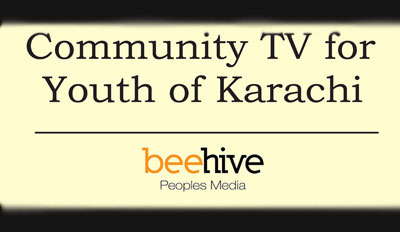Healthy body, healthy mind
By Hina Javed
23 April 2016
One of the keys to a healthy body is making the right food choices. A healthy and balanced diet can go a long way to prevent physical problems. However, a lesser-known fact is that nutritious foods can also protect our mental health. Although no single nutrient can act protect depression, research suggests that there is a causal relationship between overall good nutrition and mental wellbeing.Dr Ajmal Kazmi, consultant psychiatrist at Medilink Hospital, says “When the engine (brain) runs smoothly, it affects how you view the world.” He further explains that when a person is depressed, there is a certain distortion of life. “They see things through a lens of hopelessness. If you’re not eating right, this can very well contribute to depression,” she says. Dr Kazmi suggests eating food in its most natural state and including a variety of grains, vegetables and fruits. He suggests avoiding foods and beverages that are “quick fixes,” such as sugar and caffeinated beverages. “These give you a quick boost of energy, but then there’s a drop in both energy and mood,” he says.
The brain, like other organs such as heart and liver, responds to what you eat and drink. It needs essential vitamins and minerals to stay healthy. If the brain is deprived of these nutrients, it cannot function properly.
Foods to Eat
According to Dr Huma Chaudhry, demonstrator at Altamash Institute of Dental Medicine, it is important for us to take in essential brain nutrients to ensure a healthy mind and body. She suggests the following foods to combat depression and other mental ailments.1. Omega-3 Fatty Acids: salmon, trout, tuna, broccoli, cauliflower, cantaloupe, kidney beans, spinach, walnuts, and flax seed oil.
2. Omega- 6 Fatty Acids: poultry, eggs, cereals and grains, and vegetable
3. Tryptophan: eggs, lean red meat, poultry, and beans.
4. Phenylalanine: soybean protein, lean red meat, chicken, cheese, milk, eggs, and seeds.
5. Complex Carbohydrates: whole grain breads and cereals, rice, legumes, and starchy vegetables.
6. Vitamin C: citrus fruits and leafy green vegetables.
7. Vitamin D: salmon, cod, shrimp, eggs, fortified milk.
8. B Vitamins: whole grains, vegetables, red meat, fish, eggs, and dairy
9. Magnesium, Selenium, and Zinc: nuts, seeds, whole grains, green vegetables and fish.
Foods to Avoid
Not only consuming good food can help combat depression, but limiting and avoiding certain foods and beverages can also contribute to a healthy lifestyle.1. Caffeinated drinks
2. Alcoholic drinks
3. Sugary foods
4. Refined and processed foods
5. Deep-fried foods
A final important nutrient for your brain is water, which makes up about 80 percent of the brain. If you’re dehydrated, you can experience mental health symptoms such as irritability and loss of concentration.








